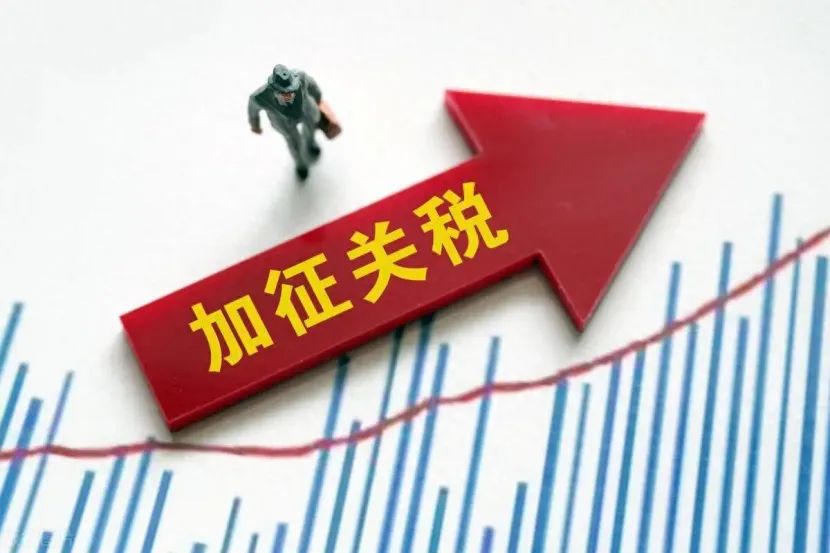Palmers say: U.S. tariff hikes, manufacturing seeks breakthrough in Southeast Asia by going overseas

On September 13th, the Office of the U.S. Trade Representative released its final decision regarding the imposition of 301 tariffs on China, which continues to impose tariffs on Chinese products and has caused great concern in the Chinese industry, including:
- 100% tariff on electric vehicles imported from China
- 50% tariffs imposed on solar cells
- 25% tariffs on steel, aluminum, electric vehicle batteries and key minerals
The above will be effective September 27th;
- China's Import Tariffs on Semiconductors Increased 50%
It will go into effect in January 2025.
The face of the United States more and more strong trade protectionism policy, China's manufacturing factories how to do it? The only option is to go to sea, set up production and assembly bases overseas to be able to bypass the old U.S. trade barriers, and Southeast Asia happens to be the first stop for Chinese enterprises to go to sea, compared to other Central Asia, India, South America, Africa and other emerging markets, Southeast Asia in terms of geography and politics, closer to China, the cost and the risk of a more controllable, in the Southeast Asia of the 10 countries in the country, Indonesia to its stable government governance, the past two decades, the annual growth rate of 5%. Among the 10 countries in Southeast Asia, Indonesia, with its stable government governance, sustained economic growth of 5% over the past 20 years, neutral policy between China and the U.S., and the world's fourth most populous market, is favored by more and more manufacturing factories.
In the past five years, many Chinese steel, aluminum and battery factories, electric car factories at the industrial end, and furniture, bags, shoes and toys at the consumer end have been assembled locally in Indonesia with semi-finished products from China, opening up a new channel for China's supply chain to go out to the world. In the past 10 years, many Chinese-funded industrial parks have also landed in Indonesia, such as Castle Peak Industrial Park, China-Indonesia Cooperative Economic and Trade Zone, Huaxia Happiness Industrial Park, Wanxinda Industrial Park, Efang Park, Wipro Industrial Park, Xia Shang Zhou Industrial Park, etc., which provide one-stop services for Chinese factories to land in Indonesia.
So against the backdrop of escalating trade between China and the United States as a whole, and the strengthening of U.S. trade protection policies, Indonesia will become an important link in the global industrial chain layout of Chinese factories. Okay, I'm Mr. Wang, who has been in Indonesia for 20 years, helping Chinese factories to land in Indonesia.

